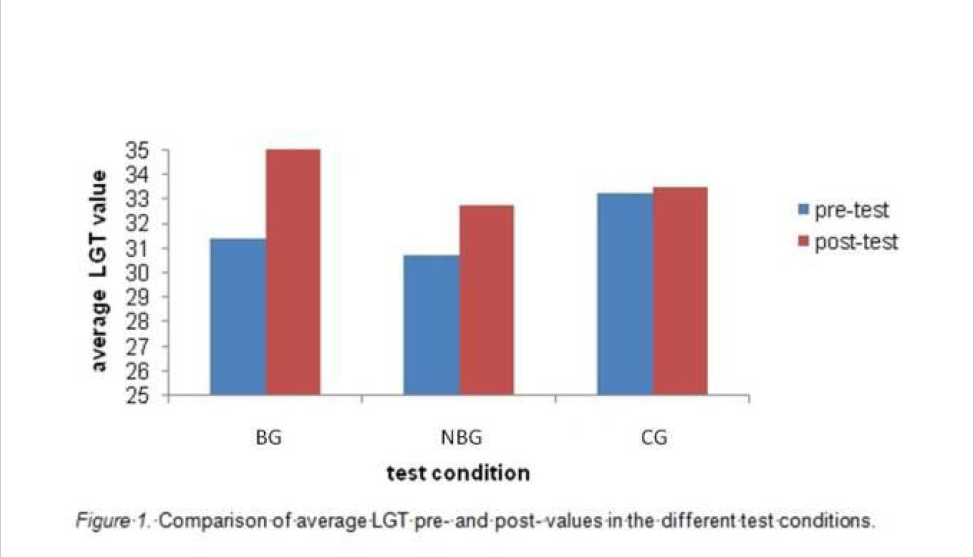No CrossRef data available.
Published online by Cambridge University Press: 15 April 2020
Cognitive impairments like deficits in attention and memory can occur as a part of depressive disorders (Beblo & Herrmann, 2000). Therefore computer based trainings (CBTs) are used to improve cognitive performance in these areas.
Well-established CBTs e.g. Cogpack (Marker, 2010), are criticized because of their out-of-date design (Schwarz, Christ, Ohlmes & Rapp 2011). Hence, a new CBT was developed (Christ, Schwarz, Ohlmes & Berger, 2011), which differs in its “biotic”, i.e. realistic, design.
The effect of a biotic CBT (BG) on depressive patients' global working memory (gwm) was evaluated in comparison to non biotic CBT (NBG) and waiting list control (CG).
13 depressive patients were tested (ICD diagnoses F31.4, F32.1, F32.2, F33.1, F33.2). to examine whether BG or NBG enhances GWM participants were tested before and after a ten day training period with the LGT (Bäumler, 1974).
In the BG values between pre- and post- LGT measures show a marginal significant improvements (p = .099). in contrast, the NBG (p = .297) and CG (p = 1.000) don’t show significant differences.

These results indicate that a biotic designed training may increase global cognitive functions in depressive patients. Limitations of this study (e.g. sample size, interfering variables) are discussed.
Comments
No Comments have been published for this article.